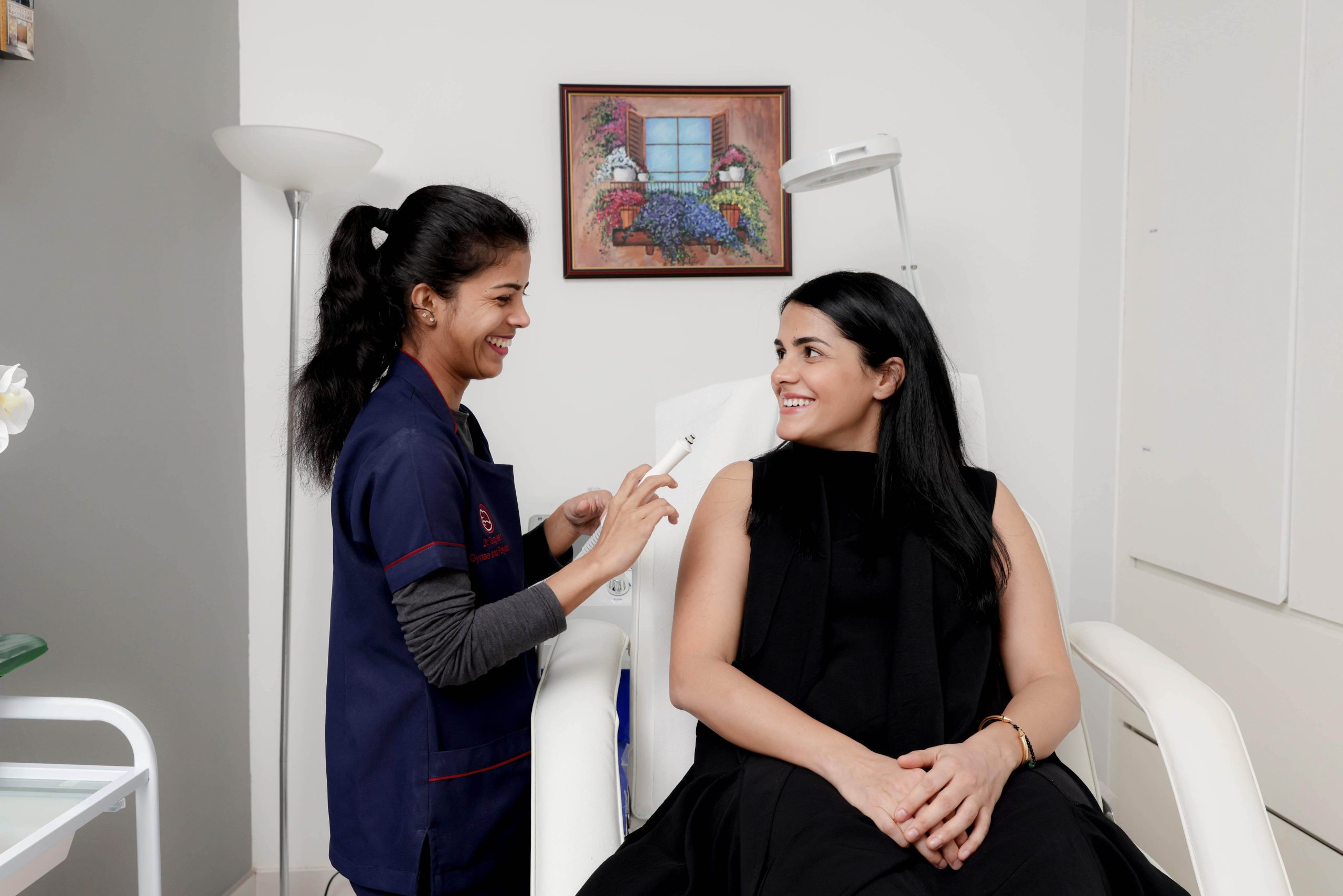Your first gynecological exam can be an important step in taking control of your reproductive health and well-being. While it’s normal to feel a bit nervous or uncertain, understanding what to expect during your first appointment can help alleviate anxiety and ensure a positive experience. Here’s a guide to what typically happens during a gynecological exam at motor city clinic:
Intake and medical history:
Your gynecologist will start by gathering information about your medical history, including details about your menstrual cycle, contraceptive use, sexual activity, past pregnancies, and any gynecological or reproductive health concerns you may have. Providing accurate and honest information allows your gynecologist to tailor the exam to your specific needs and address any risk factors or health issues.
Discussion and education:
Your gynecologist may take this opportunity to discuss various aspects of women’s health, including preventive care, contraception options, sexually transmitted infections (STIs), and reproductive health screenings. They may also answer any questions or concerns you have about your body, menstrual cycle, sexual health, or any other related topics. Open communication is key to building trust and fostering a positive doctor-patient relationship.
Physical examination:
The physical examination typically includes several components:
External genital exam: Your gynecologist will visually inspect the external genitalia for any abnormalities, such as skin changes, lesions, or signs of infection.
Pelvic exam: During a pelvic exam, you’ll lie on the exam table with your feet in stirrups while your gynecologist examines your internal reproductive organs, including the vagina, cervix, and uterus. They may use a speculum to visualize the cervix and collect samples for Pap smear screens or STI testing.
Breast exam: Your gynecologist will also perform a breast exam to check for lumps, masses, or other breast abnormalities. This may involve palpating the breasts and nipples to assess texture, size, and tenderness.
Additional tests or procedures:
Depending on your age, medical history, and specific concerns, your gynecologist may recommend additional tests or procedures during your first appointment. This may include blood tests, urine tests, ultrasound imaging, or further diagnostic evaluations to investigate any symptoms or abnormalities detected during the exam.
After the exam, your gynecologist will discuss their findings with you and provide recommendations for follow-up care, screenings, or treatments as needed. They may also offer counseling on preventive measures, contraception options, sexual health, and lifestyle modifications to promote overall well-being.
